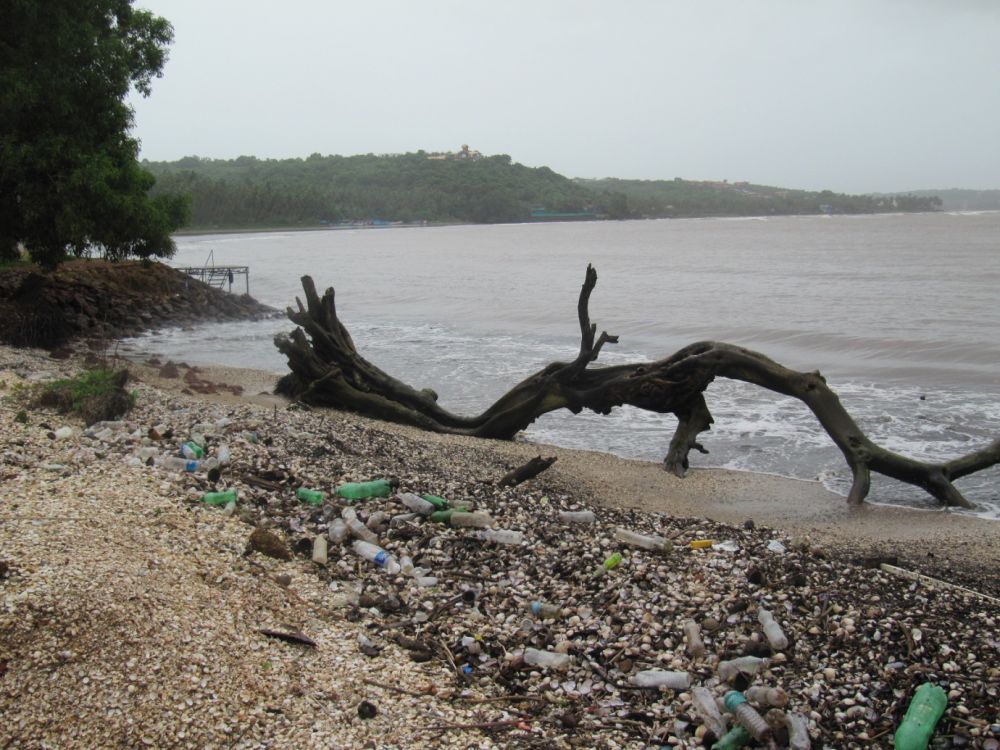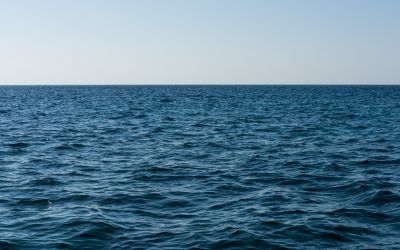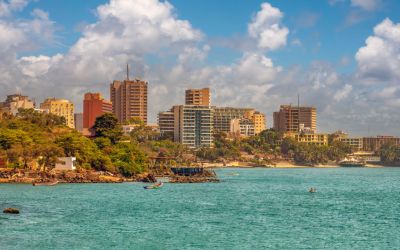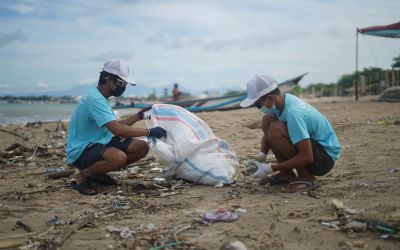Indonesia dedicates $1 billion per year to fight ocean waste
Indonesia will allocate up to $1 billion annually to curb waste products polluting its oceans

Indonesia will allocate up to $1 billion annually to curb waste products polluting its oceans.
Indonesia’s Coordinating Minister for Maritime Affairs, Luhut Binsar Pandjaitan, made the announcement at last week’s World Oceans Summit in Nusa Dua, Bali.
Pandjaitan told the conference that Indonesia is also committed to reducing marine waste by 70 per cent within the next eight years.
In additon, he proposed developing new industries that use biodegradable materials such as seaweed to produce a cleaner alternative to plastic.
More than 8 million tonnes of plastics enter the world’s oceans each year.
The World Bank estimates that each of Indonesia’s 250 million inhabitants is responsible for 0.8 to 1.0 kilograms of plastic waste each year – second only to China, according to a 2015 report.
Around 80 per cent of all litter in our oceans is made of plastic – which has devastating effects on wildlife, fisheries and tourism; costing an estimated $8 billion in damage to marine ecosystems.
At the World Oceans Summit, UN Environment launched its unprecedented global #CleanSeas campaign to eliminate marine litter, including microplastics in cosmetics and single-use plastic by 2022.
Other countries have also committed to marine waste reduction targets, including Costa Rica pledging to dramatically reduce single-use plastic through better waste management and education, and Uruguay taxing single-use plastic bags later this year.
In 2016, 23 cities in Indonesia trailed a tax on single use plastic bags – while the government reported a significant reduction in plastic bag use, both consumers and industries were resistant to the policy, according to Indonesia’s Minister for the Environment, Siti Nurbaya.
It is hoped that increased funding and awareness around the issue of ocean waste, and improved waste management in Indonesia will convince reluctant consumers and industries to seek alternatives to plastic packaging.
To receive similar updates, sign up to our free newsletter here.

_400_250_s_c1.png)




